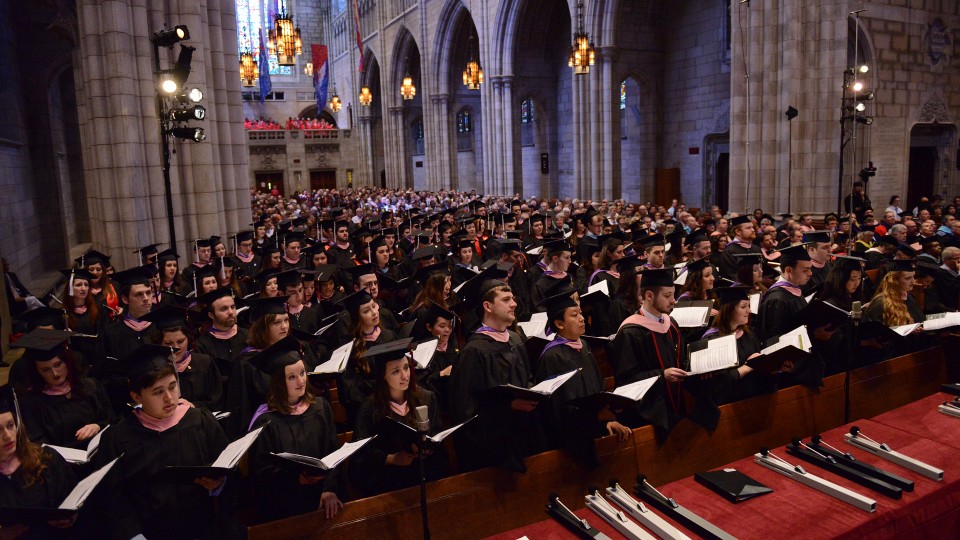The fate of Westminster Choir College hangs in the balance
mainFrom the president of Rider University:
Dear Rider Community,
I’m writing today to provide you with an update on our ongoing process to find an
interested partner to operate Westminster Choir College programs and purchase the
campus in Princeton.
Rider’s Board of Trustees, management team and our external firm,
PricewaterhouseCoopers Corporate Finance (PwC CF), have been diligently pursuing this
important work for months. I am happy to report that since our initial announcement in
March, we have made great progress.
PwC CF has identified and communicated with approximately 280 potential partners. We
received multiple proposals in the following three categories:
1. A partner who is interested in purchasing the property and the Choir College with the
purpose of continuing to operate the Choir College in Princeton;
2. A partner who is interested in acquiring and relocating the Choir College programs to
another location; and
3. A partner interested in acquiring the property.
A careful and detailed review of all initial proposals has been completed and select parties
have been asked to refine their proposals as we move into the next phase of the process. To
allow sufficient time for the Board to fully consider each of these amended proposals, it is
likely that a final partner or partners will not ultimately be selected to move forward until
the fall.
We’ve been extremely encouraged by the tremendous interest we have received and are
confident that we will find a partner to take over this world-renowned program. As such,
we are pleased to announce that we will begin recruiting the Class of 2022 for the Choir
College very soon. Additionally, we have committed to each potential partner that we will
work hand-in-hand with them to ensure a successful transition.
This is an important process and I appreciate the interest that our entire University
community has in the future of the Choir College. As I have said before, I will continue to
share important updates with you as this process continues.
Until then, I hope you enjoy the remainder of your summer.
All the best,
President Gregory Dell’Omo






Comments